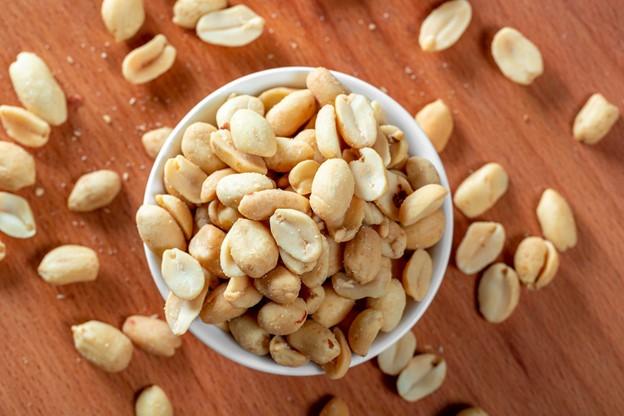2 min Read
Peanut butter and jelly sandwiches are iconic.
They’re an easy, accessible, and affordable meal for nearly anyone—and maybe that is why they have endured over the last century. Unfortunately, there are millions of people who can’t partake in this time-honored delight because of their sensitivities to peanut butter. Millions of others have to look harder for—or spend more money on—special bread due to wheat sensitivities or even Celiac Disease.
That may change soon. At an annual meeting hosted in part by the Crop Science Society of America, researcher Sachin Rustgi shared that his team is working on a way to use gene editing to breed varieties of peanuts and wheat with decreased allergenicity.
Beyond Celiac estimates that 1% of Americans have Celiac Disease. Gluten, the protein in wheat, can trigger a severe reaction in these patients. In 2019, scientists successfully sequenced the genome of durum wheat; what they found is that gluten poses a special challenge because it’s not just contained in one gene that can be switched on and off, it’s controlled by a complex network of many genes.
“Rustgi is using CRISPR to target gluten genes in wheat. Recent improvements in CRISPR technology allow researchers to target many genes at once,” SciTechDaily writes.
Peanuts are similarly complex. Instead of one protein controlled by many genes, the challenge with peanuts is that there are many proteins spread across the peanut’s genome that can each trigger allergic reactions.
“Targeting this many genes is not an easy task, even with current technology,” Rustgi told the conference audience.
Despite both crops posing unique challenges in their DNA, Rugti’s team is optimistic. Even if they can simply decrease the amount of the reactionary proteins, that will help alleviate uncertainty for millions and millions of people who rely on wheat and peanuts for sustenance.
Fun fact: The first known peanut butter and jelly sandwich recipe was published in 1901.



